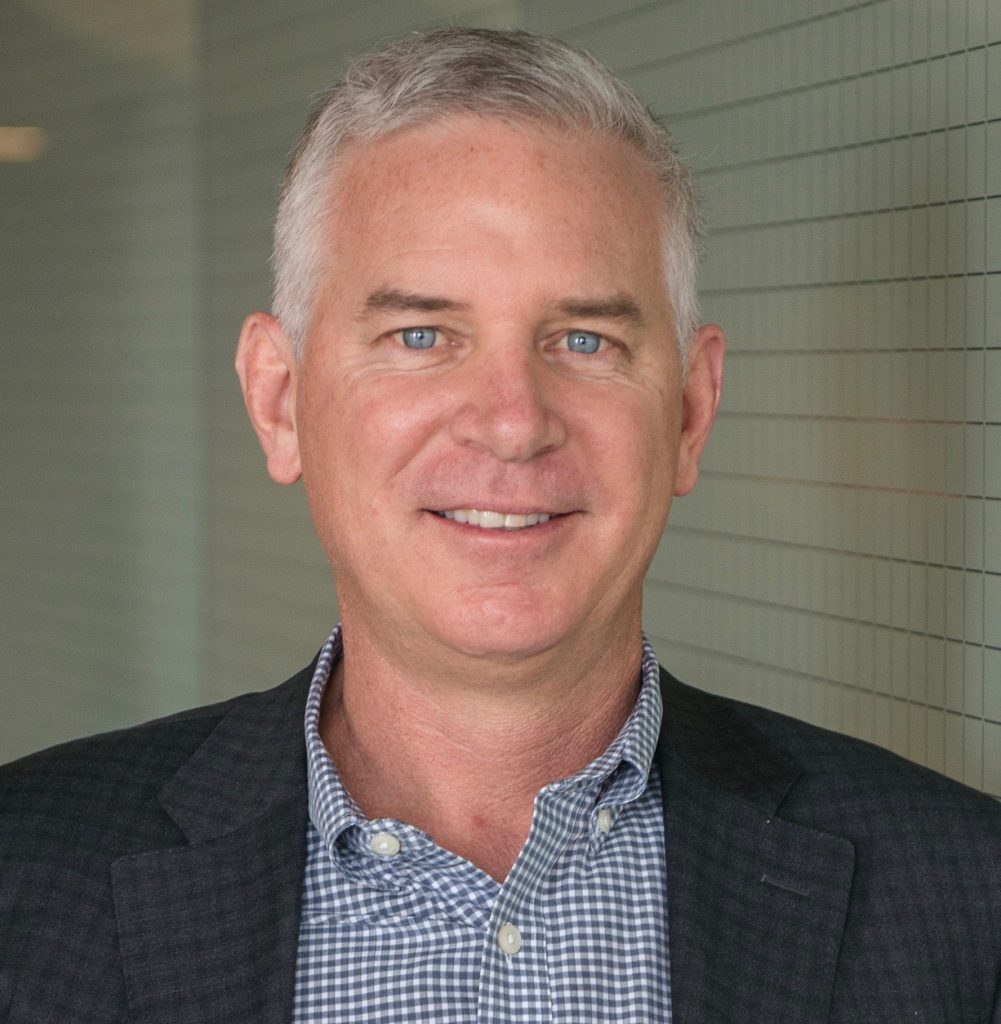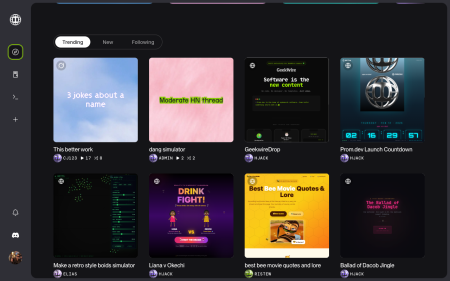Samsung Acquires Digital Health Platform Xealth in $115 Million Deal
Veteran Entrepreneur Finds Success in Healthcare Technology
When Mike McSherry launched Xealth in 2017, he had an ambitious vision: to create a ubiquitous digital health company that would transform healthcare delivery. After eight years of steady growth and building crucial relationships with hospital systems, that vision has culminated in a significant acquisition. Samsung has completed its purchase of Xealth for approximately $115 million, marking a strategic expansion of the tech giant’s healthcare initiatives as it competes against rivals like Apple, Amazon, and Google in the rapidly evolving digital health space. The acquisition represents both a validation of Xealth’s innovative approach and a significant milestone for the Seattle-based company that began as a spinoff from Providence Health & Services.
Xealth has developed a distinctive platform that integrates directly with electronic medical records, allowing clinicians to prescribe and monitor digital therapeutics, health apps, and connected devices. This seamless integration addressed a critical pain point in healthcare technology adoption. Over time, the company expanded its services to include practical patient needs like transportation and meal delivery, creating a more comprehensive health management ecosystem. McSherry, who previously found success when his predictive-text keyboard company Swype was acquired by Nuance for $100 million, credits Xealth’s success to adaptability and its ability to build deep relationships with 15 major hospital systems. The company also secured strategic investments from healthcare and technology leaders including Novartis, Philips, ResMed, and Samsung itself, which helped establish credibility in an industry notorious for resistance to technological change.
Despite its growth, Xealth faced persistent challenges endemic to American healthcare. McSherry points to a fundamental economic misalignment where hospitals are reimbursed primarily for treatment rather than prevention, creating disincentives for adopting certain digital health solutions. “What might be good for a patient is not necessarily good for the hospital finances or the insurance company finances,” McSherry explained, highlighting how these misaligned incentives can impede innovation. He specifically referenced the limited reimbursement for digital mental health applications, despite their widespread adoption by employers. This economic friction has been a significant barrier to digital health adoption, even as advances in AI and connected devices make remote health monitoring increasingly sophisticated and accessible.
The Samsung acquisition opens exciting new possibilities for Xealth’s technology. With hundreds of millions of smartphone users worldwide and an expanding ecosystem of health-focused devices including smartwatches and health rings, Samsung offers a massive platform for Xealth to scale its solutions. McSherry envisions these devices evolving into “a doctor in your pocket, or a doctor on your wrist or ring,” capable of proactively intervening and guiding users toward appropriate medical care or health actions. Samsung’s dominant position in home appliances presents additional opportunities to embed health monitoring directly into the home environment—from fall detection to promoting healthy daily routines. The Korean tech giant has already been pursuing FDA approvals for advanced health monitoring features like atrial fibrillation detection and sleep apnea screening, indicating its serious commitment to becoming a healthcare technology leader.
Under Samsung’s ownership, Xealth will retain its brand identity and Seattle headquarters while planning significant expansion. Samsung intends to triple the team’s size, according to McSherry, who will continue serving as CEO. His team will play a central role in developing Samsung’s health app ecosystem, carefully curating digital health solutions for consumers. This integration aligns perfectly with Samsung’s strategy to differentiate its devices through health features while creating sticky ecosystems that keep users within its product family. For McSherry and co-founder Aaron Sheedy (who also worked with McSherry at Swype), the acquisition represents a full-circle moment, as Samsung had previously invested in their earlier venture before becoming Xealth’s ultimate home.
For aspiring digital health entrepreneurs, McSherry offers pragmatic advice based on his experience navigating the complex healthcare landscape. He emphasizes the critical importance of identifying the real buyer for your solution and understanding their economic incentives. “Who’s buying your solution? What are their economic incentives and motivations for buying that? And what are the repercussions to the other players that sit alongside them that may or may not play a role in reimbursement strategies or deployment strategies,” he advises. Having raised more than $50 million for Xealth before the acquisition, McSherry now looks forward to achieving the company’s original vision on a truly global scale. “With the addition of Samsung, hopefully with their brand and their marketing and their prowess and distribution and assets, we can truly create a global platform—which was ultimately the goal at Xealth,” he reflected, viewing the acquisition not as an endpoint but as an opportunity to fulfill the company’s founding ambition at a scale that would have been difficult to achieve independently.














